Donald Trump at UN: If US is threatened, it will have no choice but to totally destroy North Korea
Tue 19 Sep 2017, 23:32:35
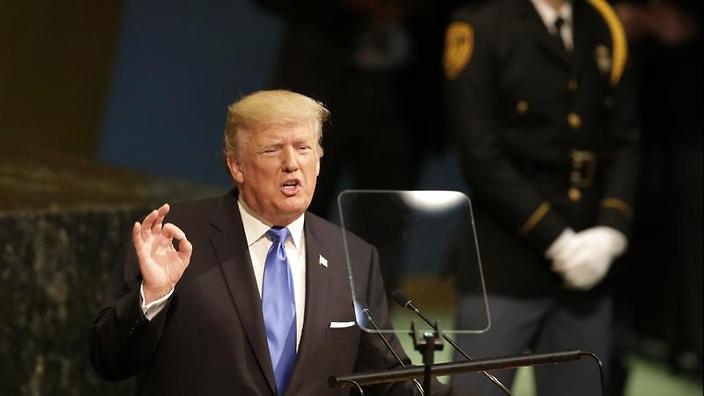
In his first speech to the United Nations General Assembly, US President Donald Trump on Tuesday threatened to "totally destroy" North Korea, end the deal capping Iran's nuclear weapons plan and reaffirmed his administration's resolve to combat "radical Islamic terrorism".
In a speech that ran just over 40 minutes, Trump also put on notice nations that provide terrorists "safe haven" - possibly Pakistan, but without naming it - and said in the context of South Asia and Afghanistan that terms of US engagement will be determined by "our security interest", and not politics.
Trump laid out a vision of his foreign policy, which he called "principled realism", that is moored in his call for every country to serve their people first, in line with his own "America First" thrust to his policies, respect each other's sovereignty and cooperate as independent nations.
As first lady Melania Trump and senior members of his team, including secretary of state Rex Tillerson, US ambassador to the UN Nikki Haley, National Security Adviser HR McMaster and treasury secretary Steve Mnuchin, looked on, Trump took a tough line on North Korea and Iran, as had been previewed by aides.
He called the two countries, whose representatives sat stone-faced, "rogue nations" and used phrases such as "wicked few" and "band of criminals" for their leaders, as he sought to position the US as any ally of their people who, he said, were being oppressed and exploited by their rulers.
While Trump praised and thanked the UN Security Council for new sanctions imposed on Pyongyang, he said the US will be ready to defend itself if North Korean leader Kim Jong Un, whom he mocked as "Rocket Man", continued to threaten the US and its allies.
"We will have no choice but to totally destroy North Korea," Trump said, going on to call Kim by the nickname he began using recently and which, according to news outlets, he personally insisted on retaining in the speech. "Rocket Man is on a suicide
mission for himself."
mission for himself."
While he had thanked China and Russia for backing the new sanctions, he called on them to do more. "It is an outrage that some nations would not only trade with such a regime (China is North Korea's top trading partner), but would arm, supply and financially support a country that imperils the world," he said.
Turning to Iran, Trump said the UN-backed deal capping its nuclear weapons programme was "an embarrassment" and it was "one of the worst and most one-sided transactions the US has ever entered into". He added: "I don't think you've heard the end of it."
Pivoting to counter-terrorism, Trump used the phrase "radical Islamic terrorism", which has been found problematic by critics who argue it unfairly tars the entire community. "We will stop radical Islamic terrorism because we cannot allow it to tear up our nation and indeed to tear up the entire world," he said.
Trump then laid down in bare relief a threat to nations that harbour terrorists.
Terrorists must be denied "safe haven, transit, funding.or any form of support for their vile and sinister ideology". He named no countries or regions but the context was clear.
"We must drive them out of our nations," Trump said. "It's time to expose and hold responsible those countries who support and finance terror groups like al-Qaeda, Hezbollah and the Taliban and others that slaughter innocent people."
The naming of the Taliban was a clear reference to Pakistan, which has been under growing pressure from an increasingly frustrated US to do more to diminish the Haqqani Network, a Taliban faction that operates from Pakistani soil and targets Afghan and US-led coalition forces.
Trump went on to re-litigate the issue of the bloated bureaucracy at the UN, and said as the largest contributor to its budget, the US would like to see the world body focus on the basic principles of its foundation and stressed the need for other countries to step up.
No Comments For This Post, Be first to write a Comment.
Most viewed from International
Most viewed from World
AIMIM News
Latest Urdu News
Most Viewed
May 26, 2020
Is it right to exclude Bangladesh from the T20 World Cup?
Latest Videos View All
Like Us
Home
About Us
Advertise With Us
All Polls
Epaper Archives
Privacy Policy
Contact Us
Download Etemaad App
© 2026 Etemaad Daily News, All Rights Reserved.

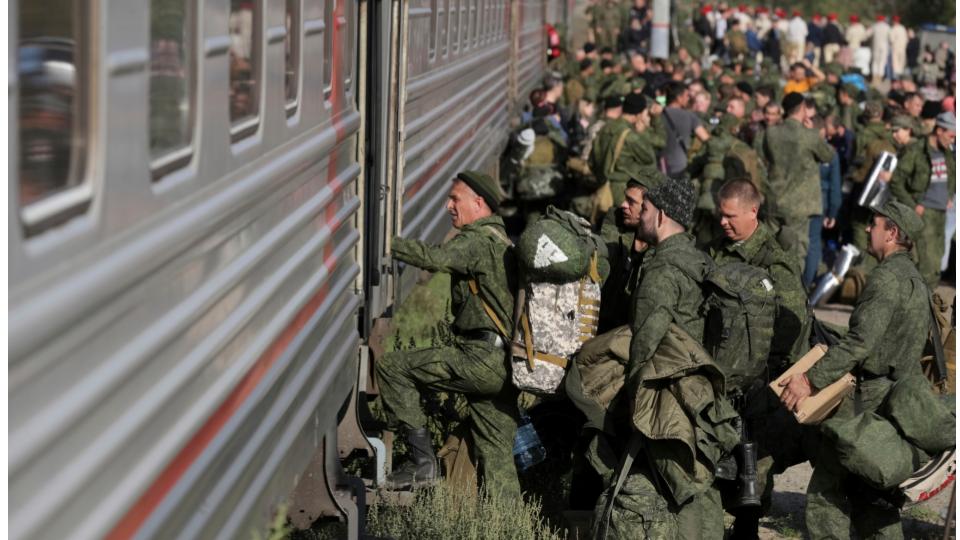
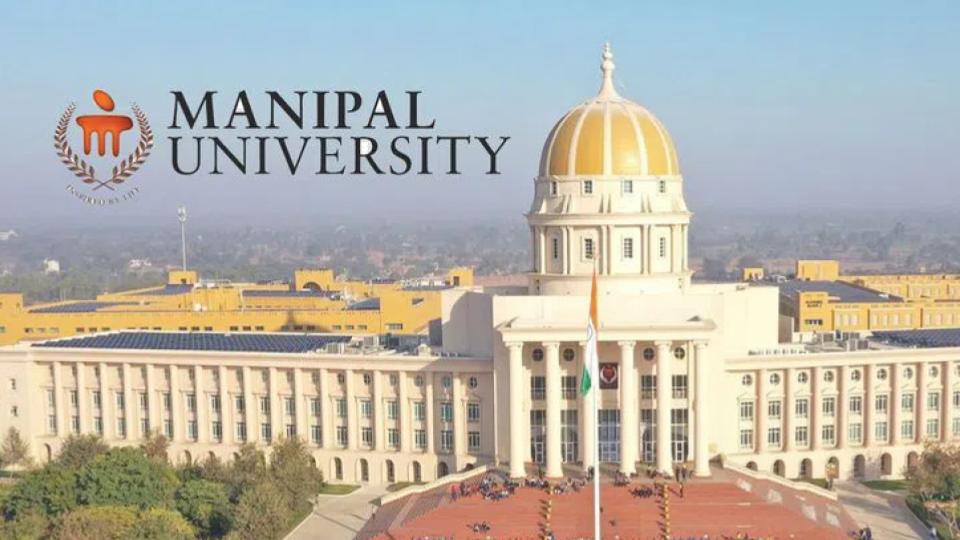
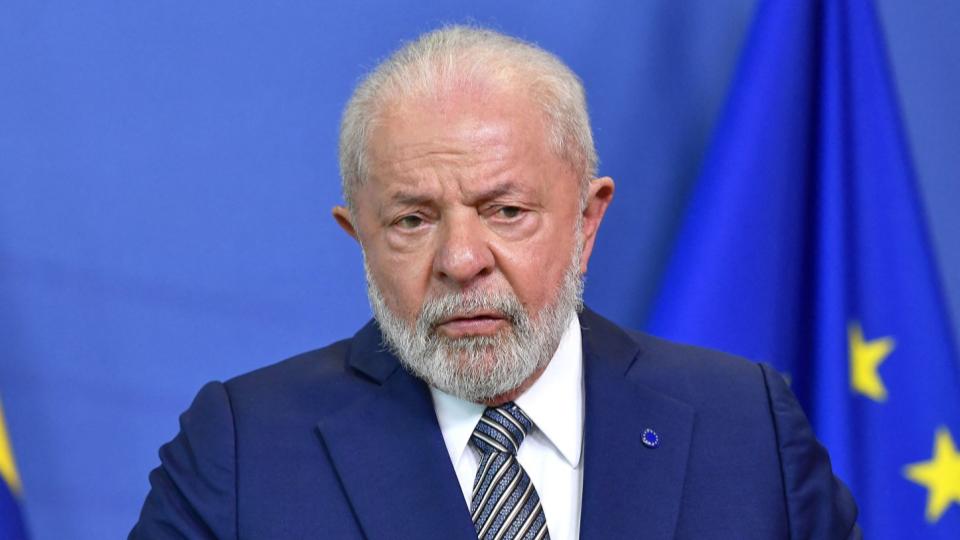
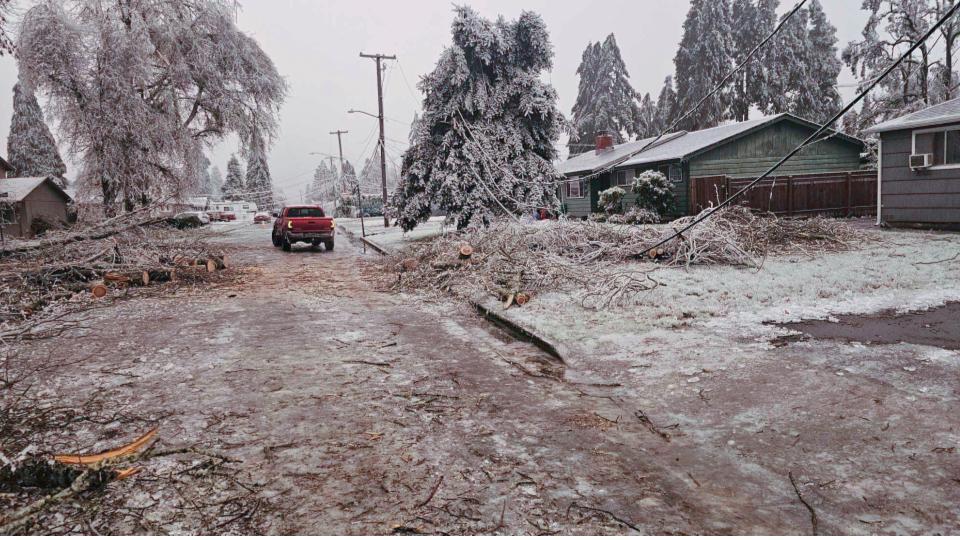
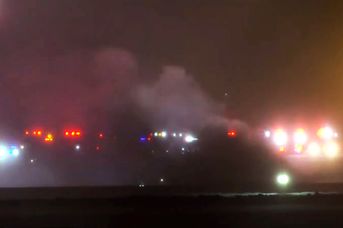
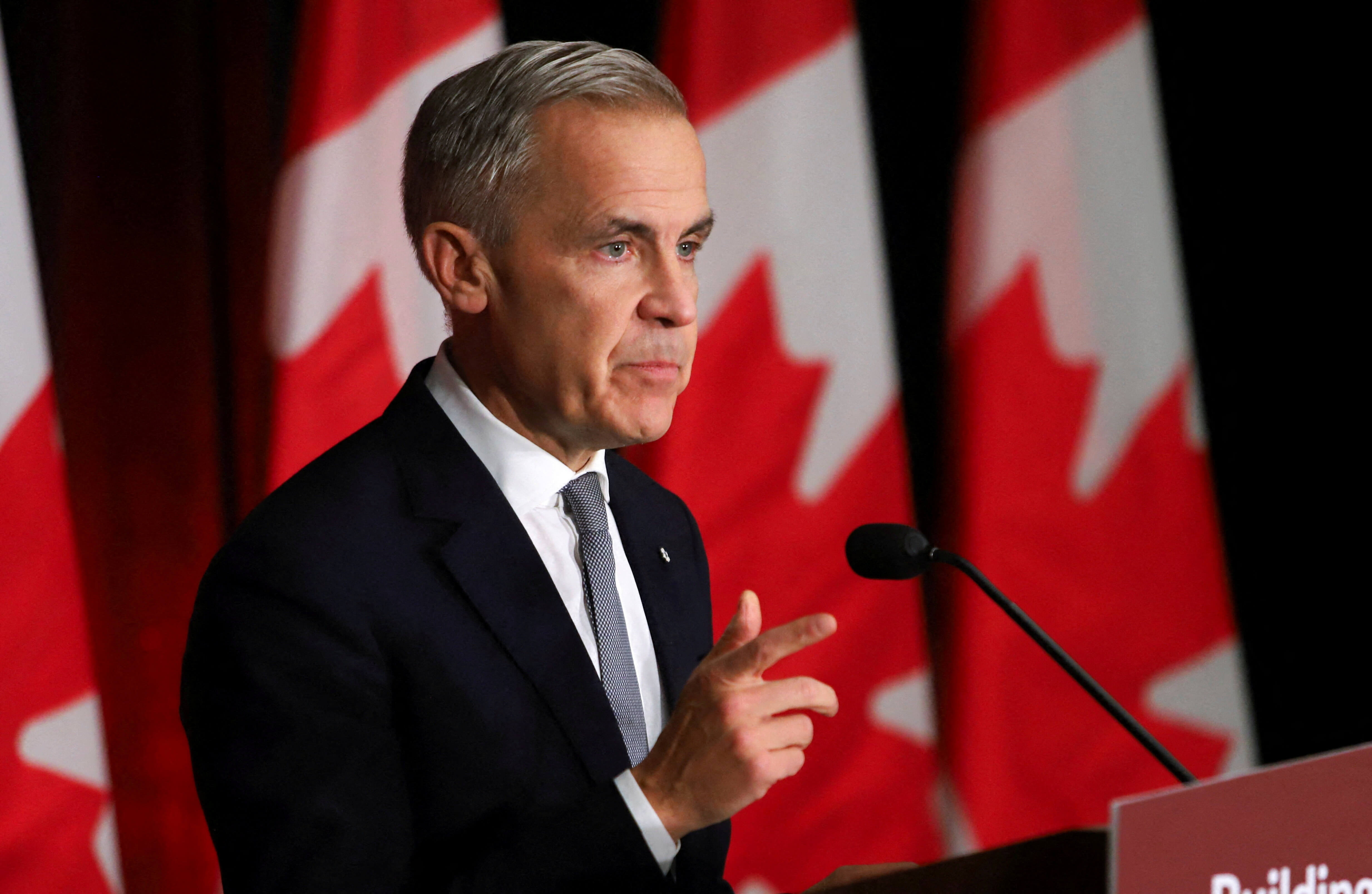
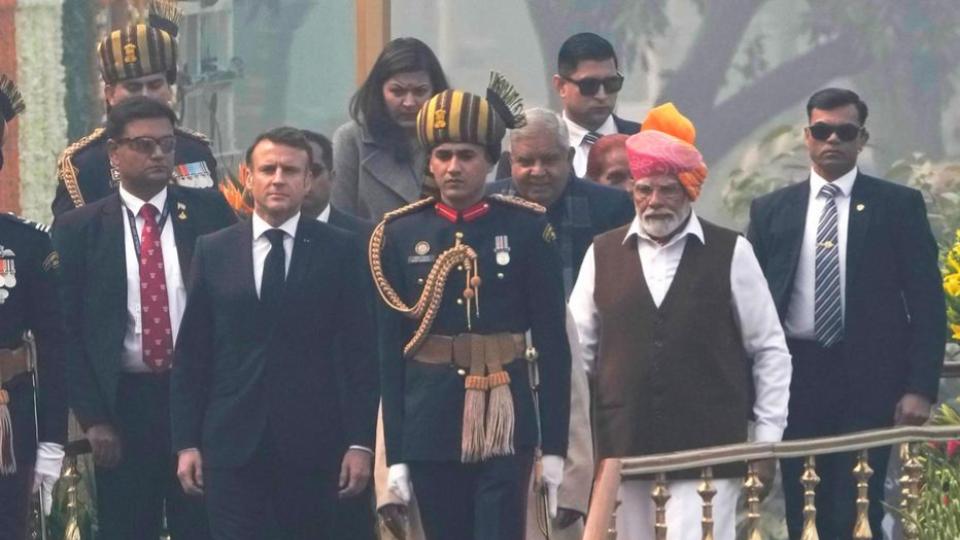
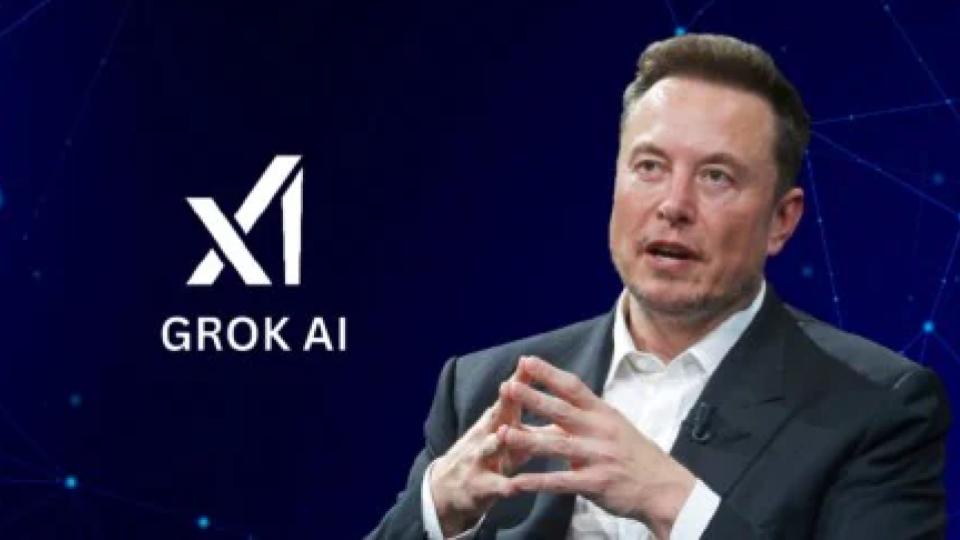
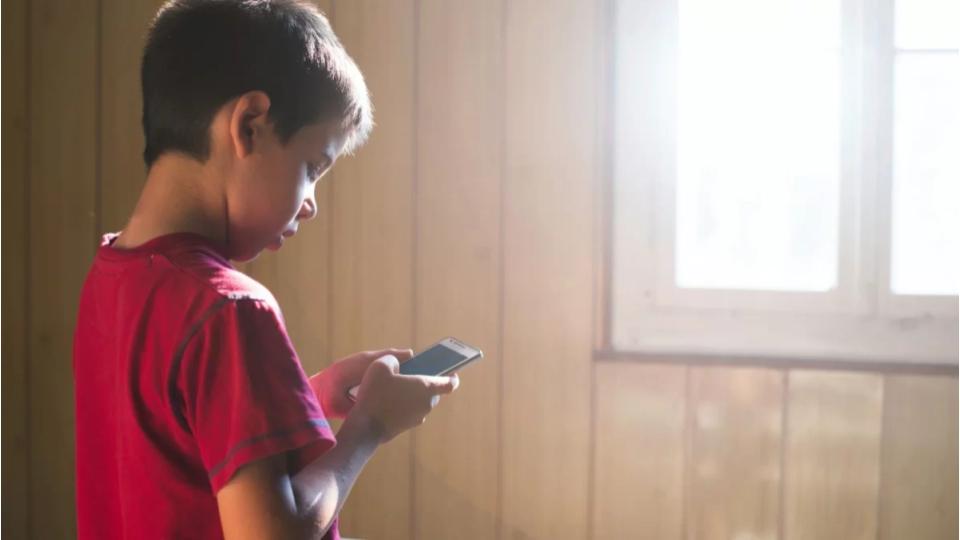
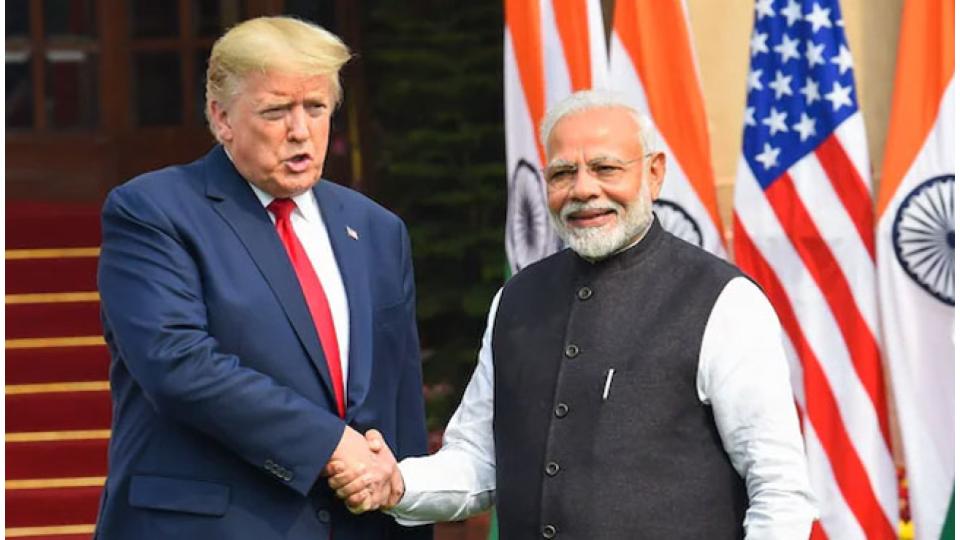
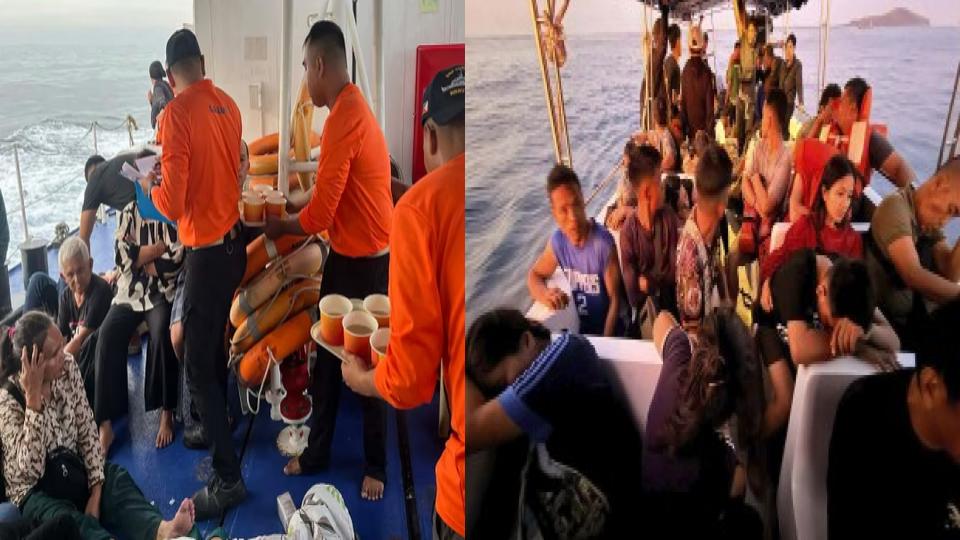
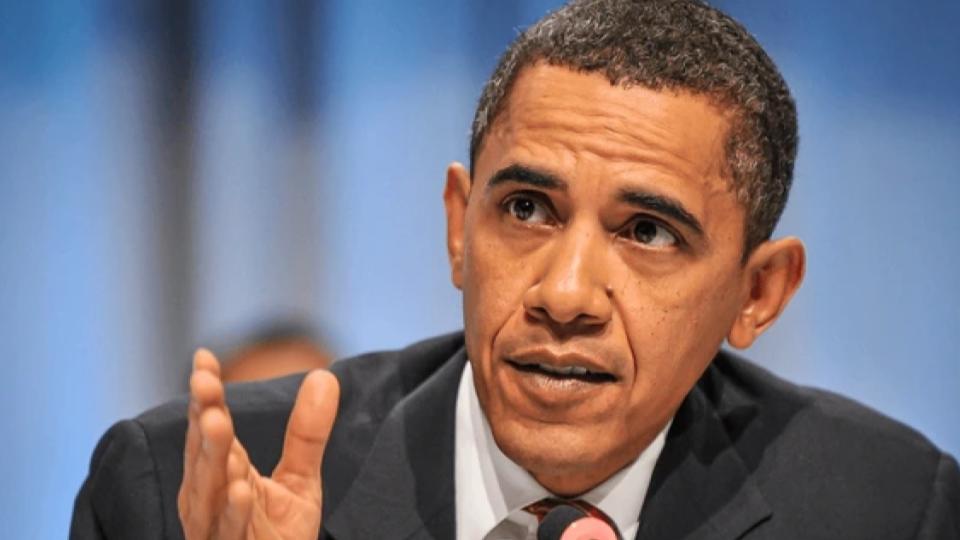
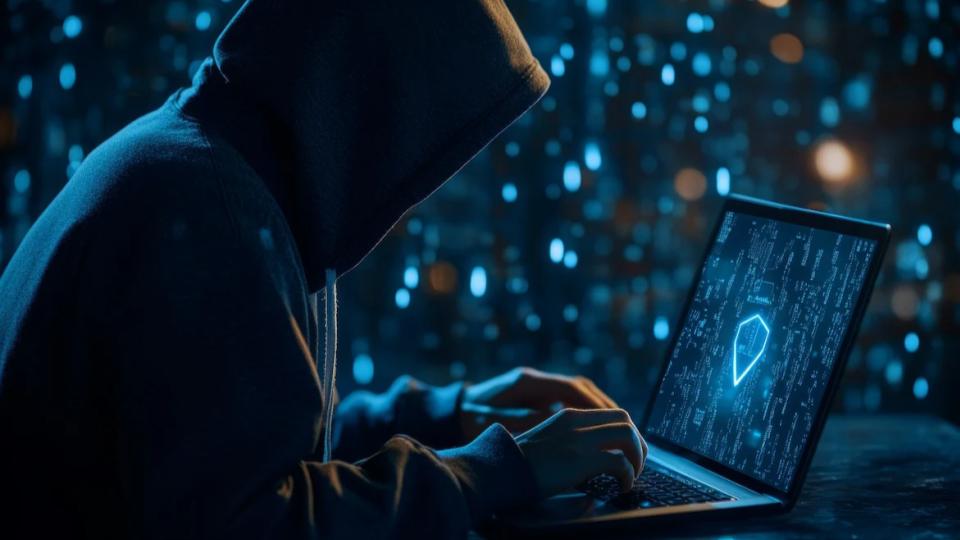
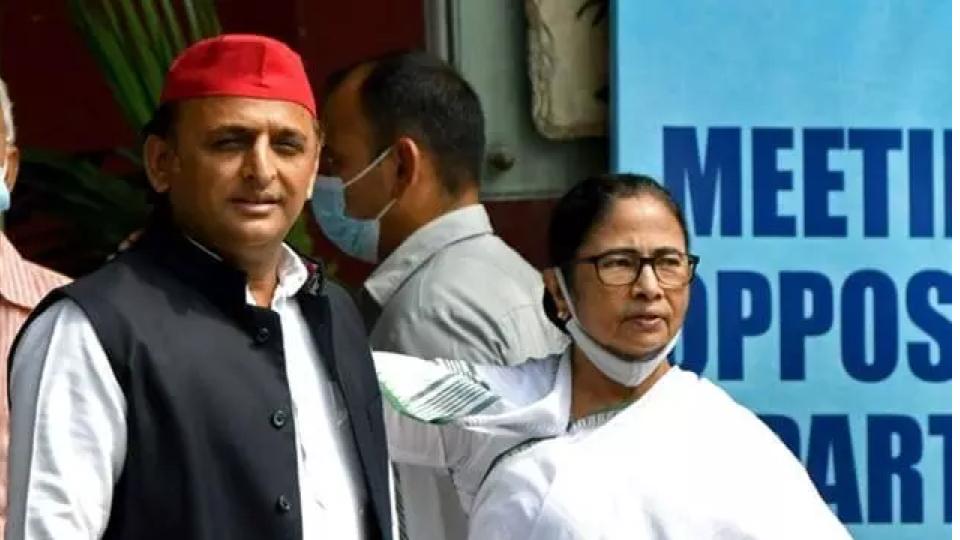
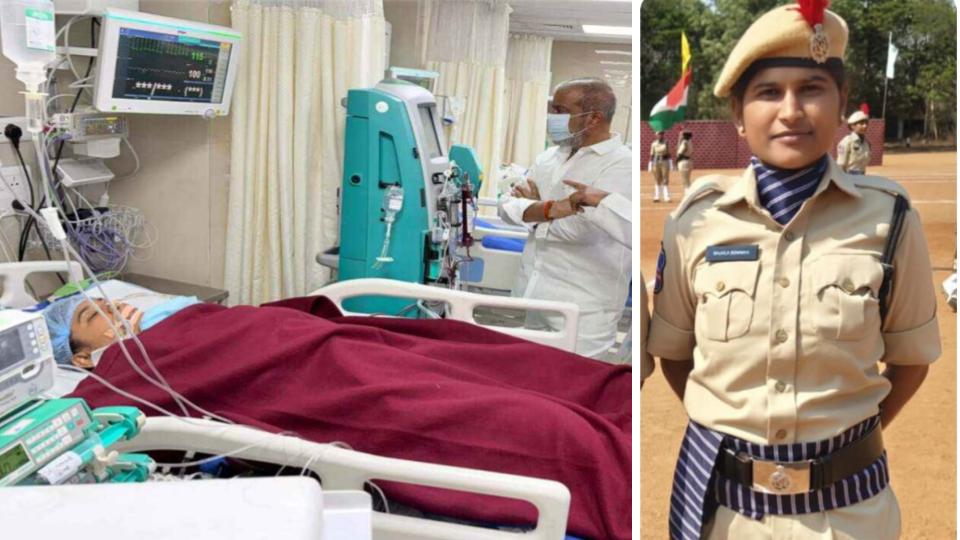
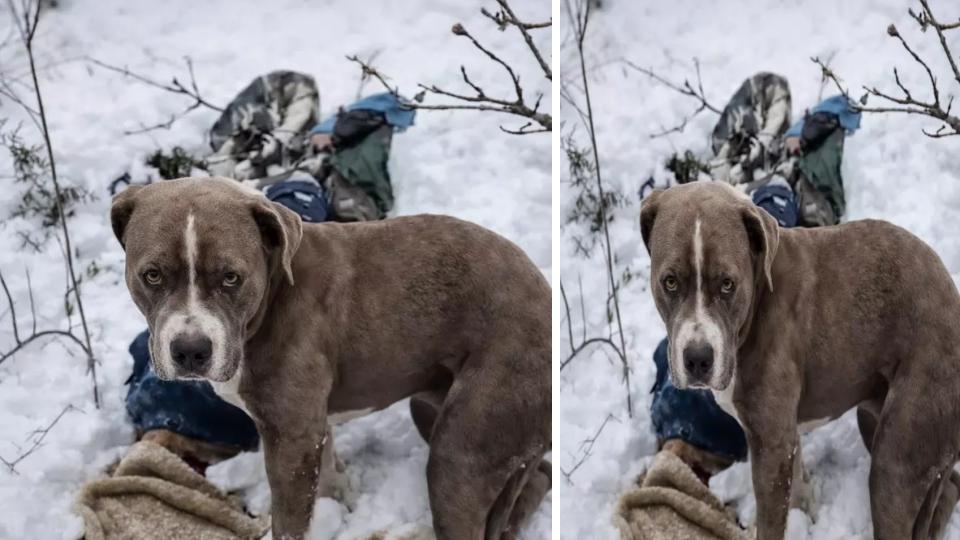
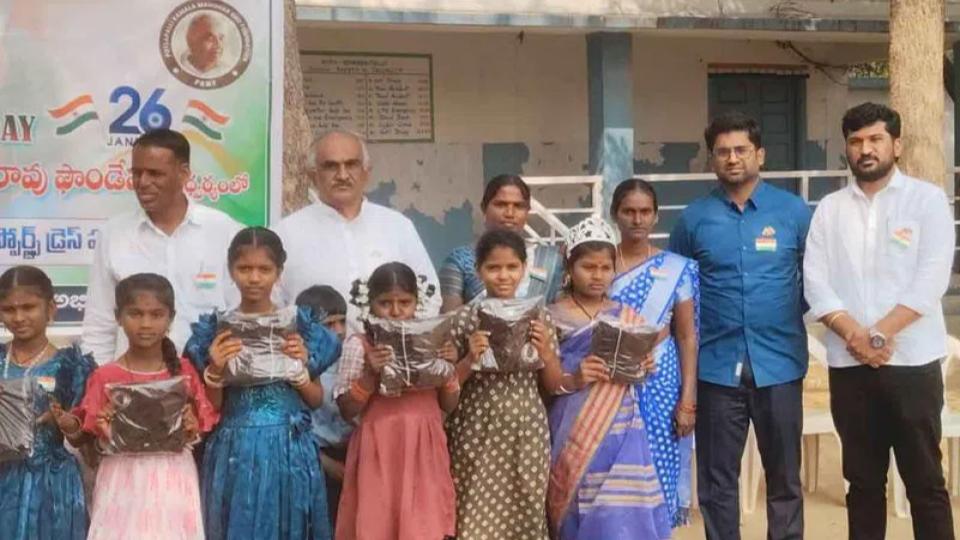
.jpg)
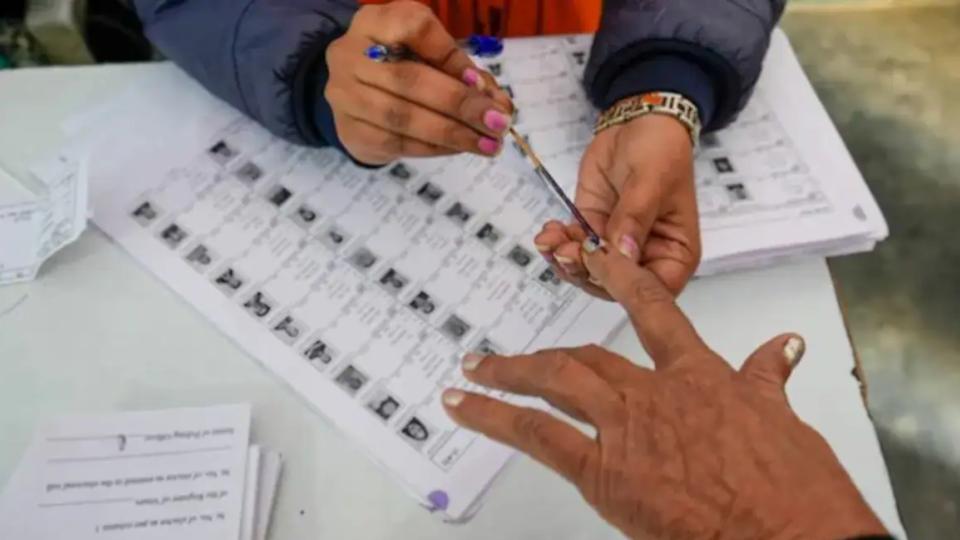
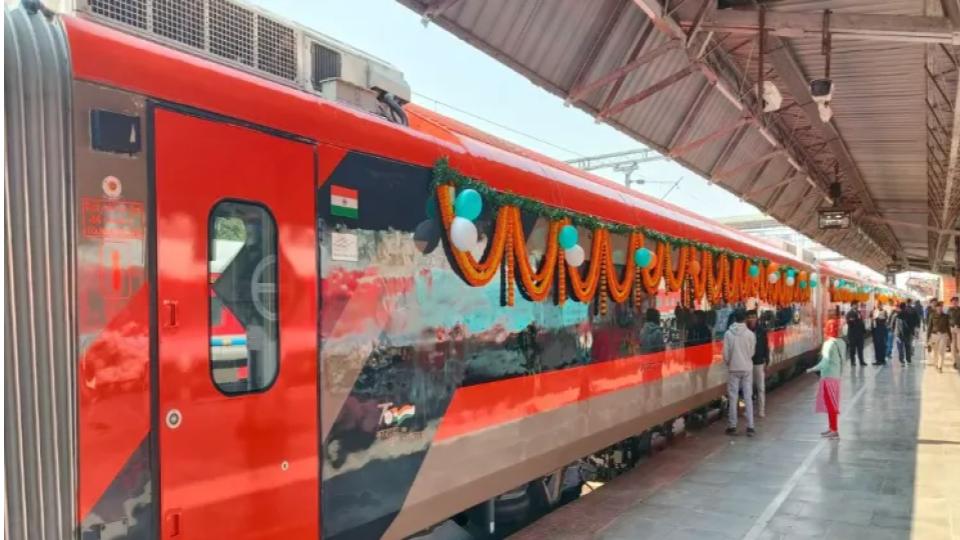
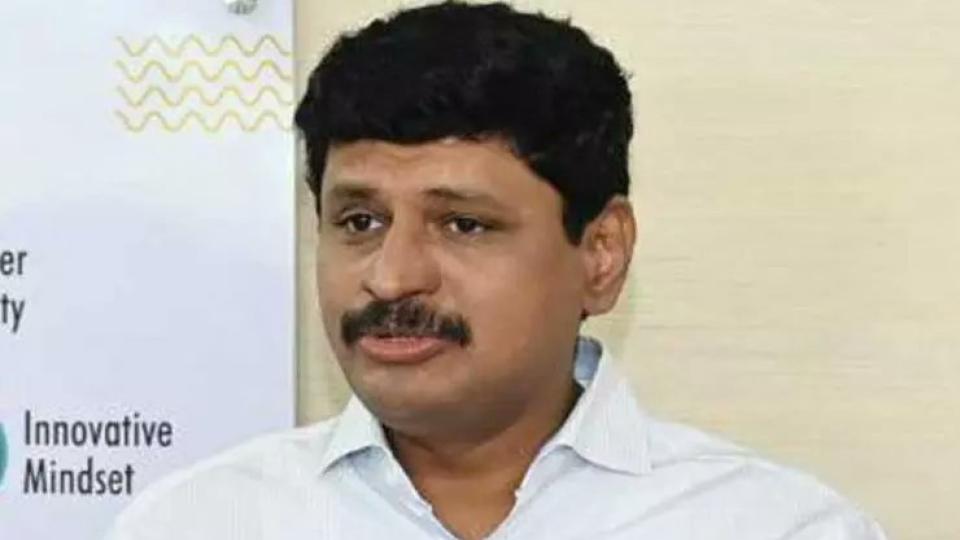
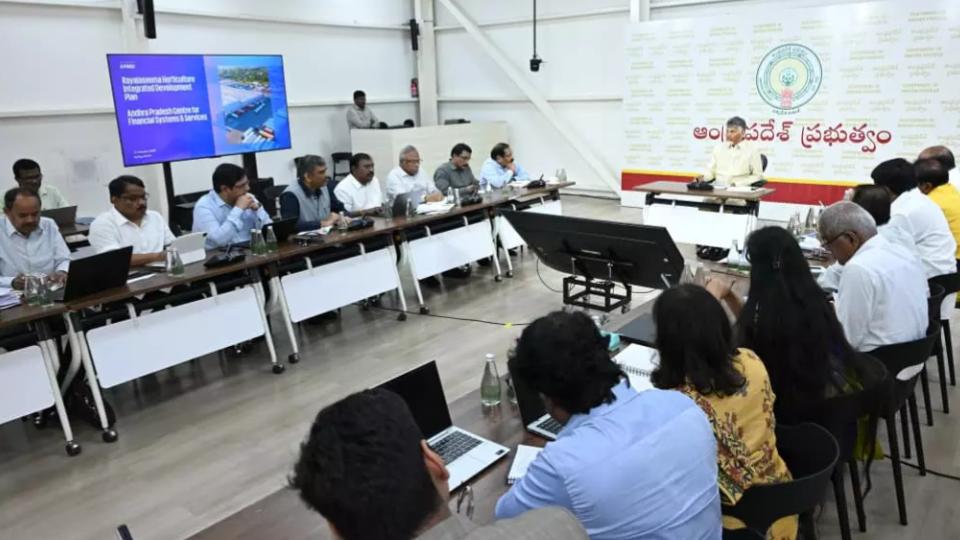
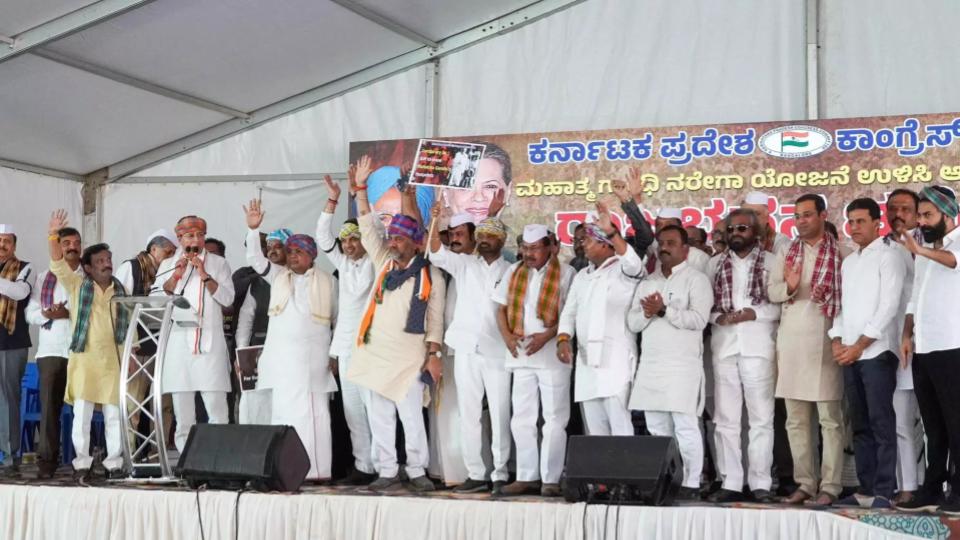


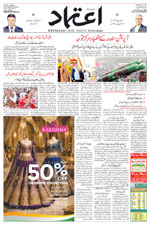










.jpg)
.jpg)
.jpg)


